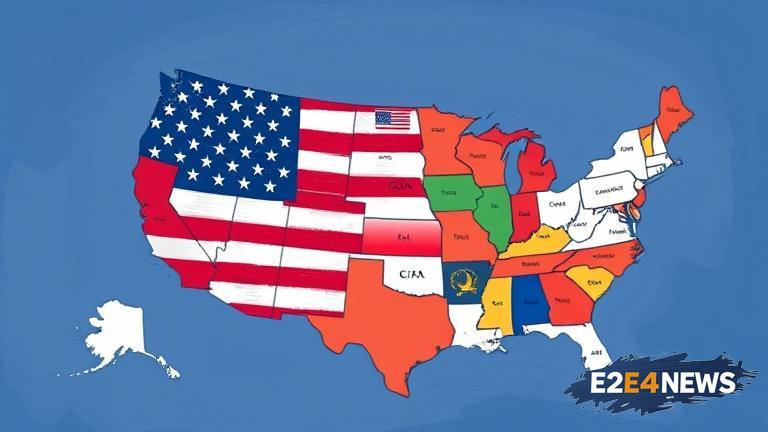The Trump administration has taken a significant step in its ongoing effort to protect American tech companies from foreign digital taxes. The US has announced plans to impose tariffs on several countries that have implemented or are planning to implement digital taxes on US tech giants such as Google, Amazon, and Facebook. This move is seen as a major escalation in the global trade dispute over digital taxation. The US has long argued that these taxes unfairly target American companies and are a threat to the global economy. The tariffs are expected to affect several countries, including France, the UK, and Italy, which have all implemented or proposed digital taxes in recent years. The US has been negotiating with these countries to find a solution, but so far, no agreement has been reached. The digital taxes are designed to target tech companies that generate significant revenue in a country but pay little in taxes due to their ability to shift profits to low-tax jurisdictions. The US argues that these taxes are discriminatory and violate international trade agreements. The tariffs are expected to be significant, with rates ranging from 25% to 100% on certain goods. The affected countries have vowed to retaliate against the US, which could lead to a further escalation of the trade dispute. The European Union has also weighed in on the issue, warning that the tariffs could have significant consequences for the global economy. The US tech industry has welcomed the move, arguing that it is necessary to protect American companies from unfair taxation. However, others have warned that the tariffs could have unintended consequences, such as higher prices for consumers and reduced economic growth. The dispute over digital taxation is part of a broader debate over how to tax the digital economy. Many countries are struggling to come up with a fair and effective way to tax tech companies, which often have complex and opaque financial structures. The US has proposed a number of solutions, including a global minimum tax rate, but so far, no agreement has been reached. The issue is likely to continue to be a major point of contention in international trade negotiations. The US is also considering imposing tariffs on other countries that implement digital taxes, including Spain and Austria. The move is seen as a significant escalation of the trade dispute and could have major consequences for the global economy. The US has argued that it is willing to negotiate with countries to find a solution, but it will not stand idly by while American companies are unfairly targeted. The tariffs are expected to go into effect in the coming months, although the exact timing is still unclear. The dispute over digital taxation is likely to continue to be a major issue in international trade negotiations for the foreseeable future. The US is committed to protecting American companies and ensuring that they are not unfairly targeted by foreign governments. The move is seen as a significant victory for the US tech industry, which has been lobbying aggressively against digital taxes. However, others have warned that the tariffs could have significant consequences for the global economy and could lead to a further escalation of the trade dispute.
